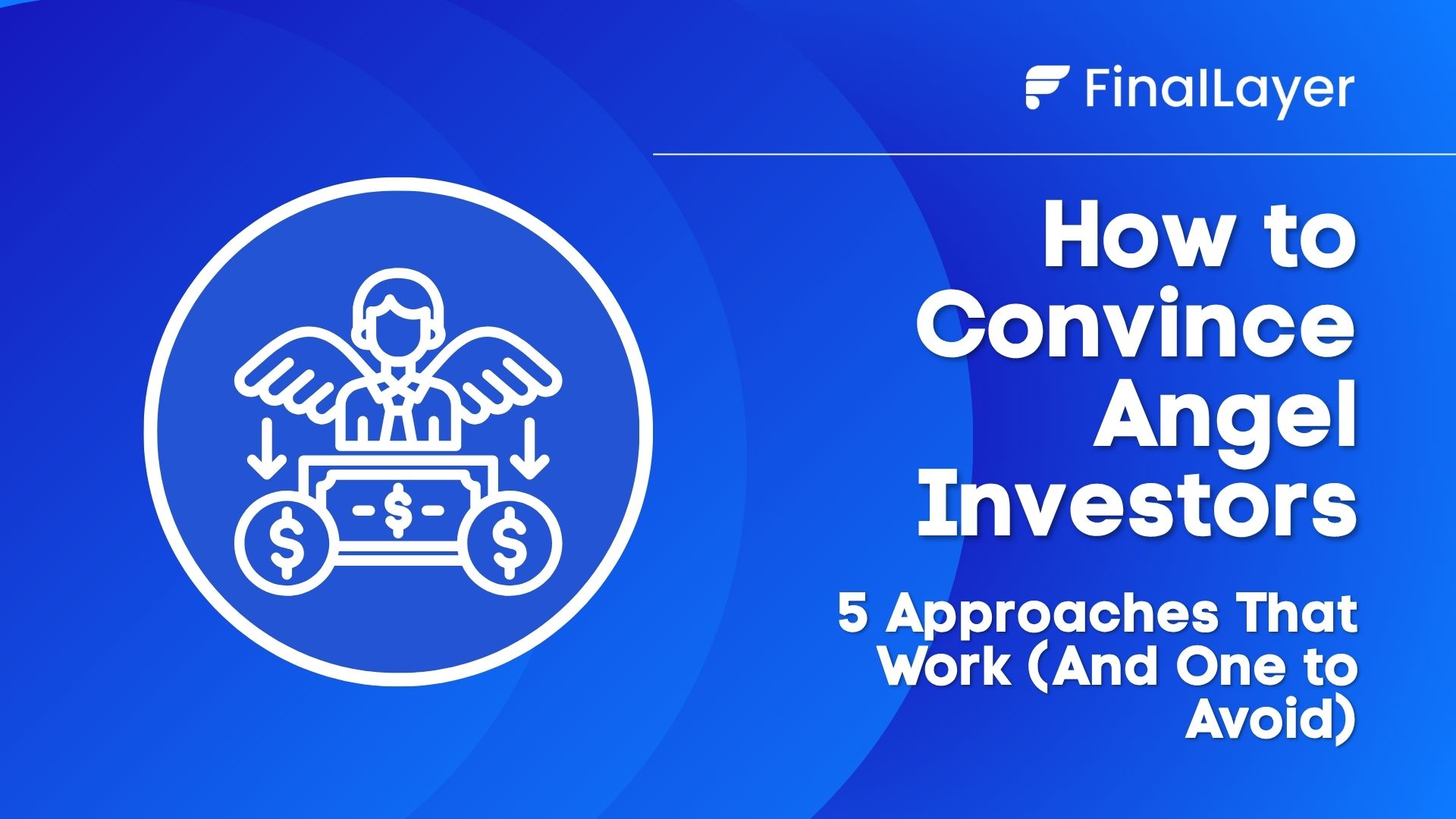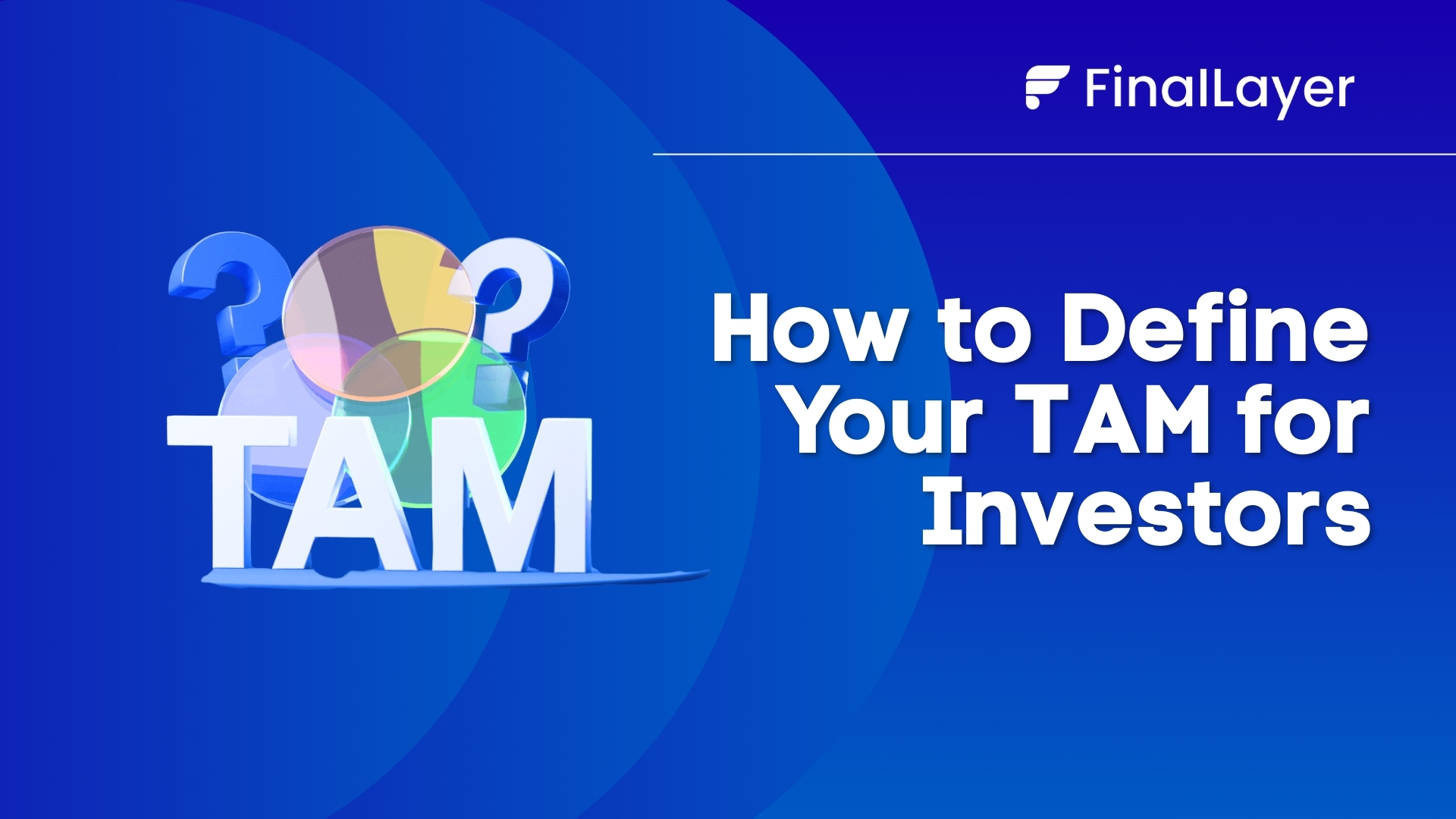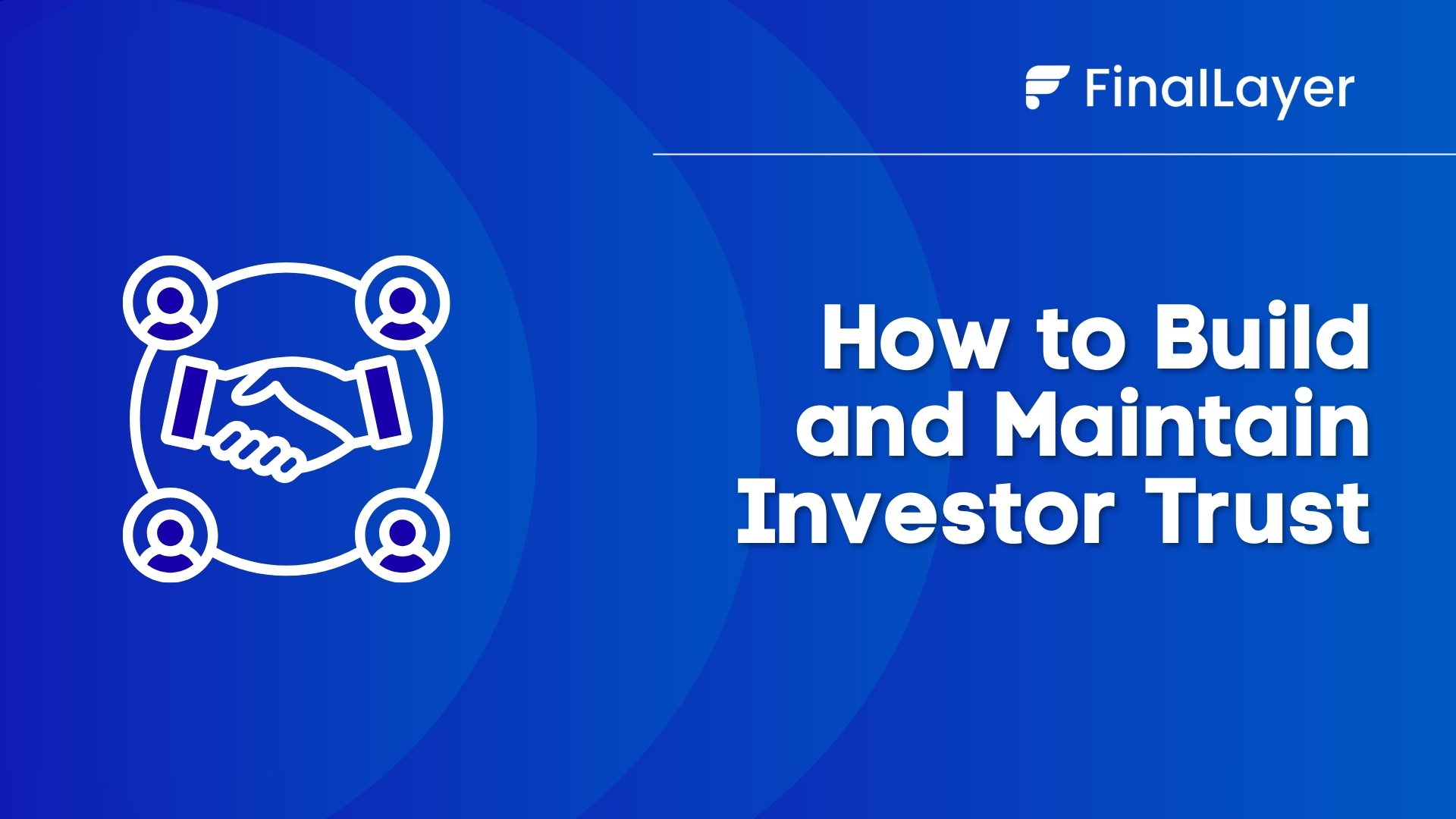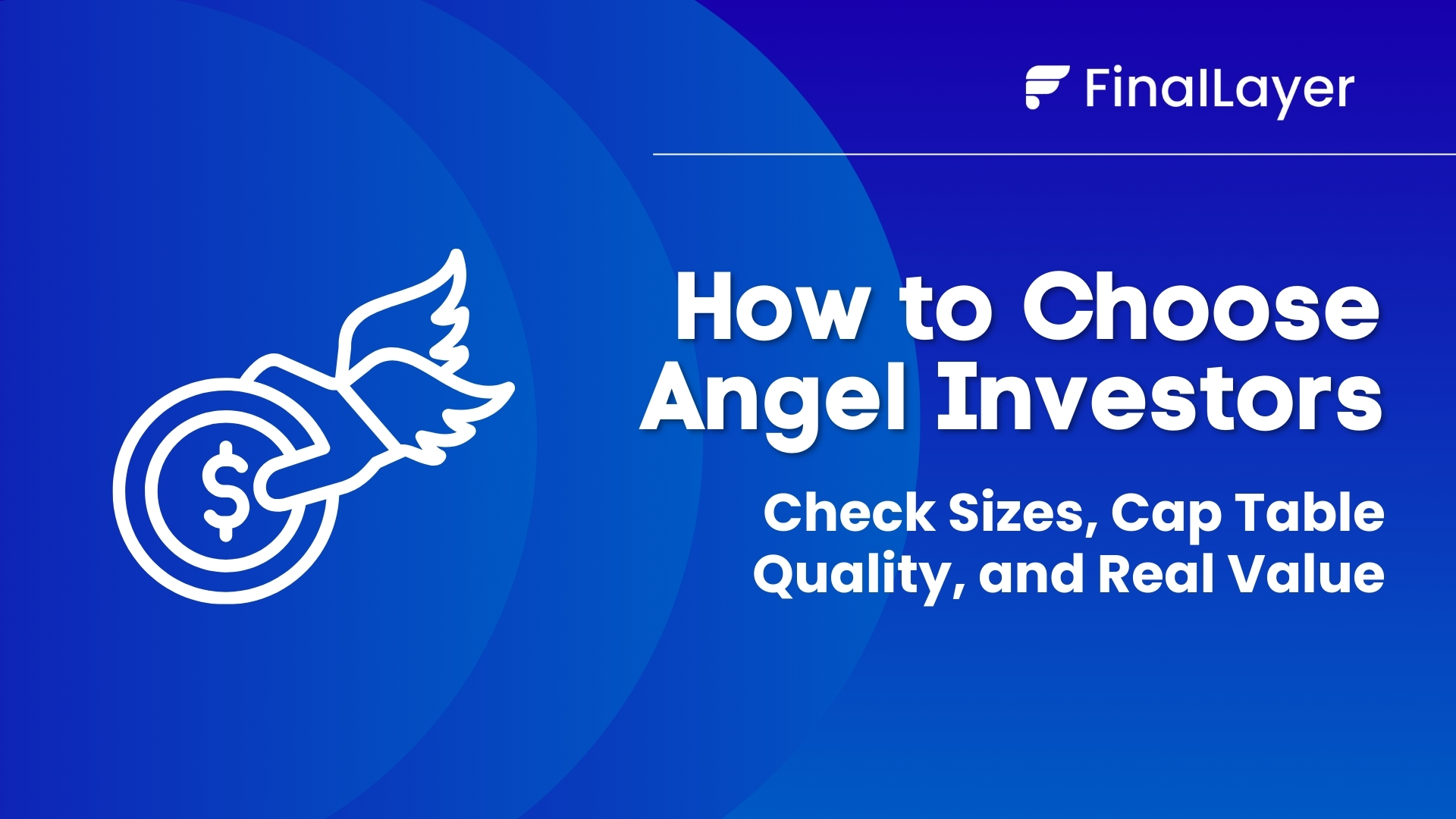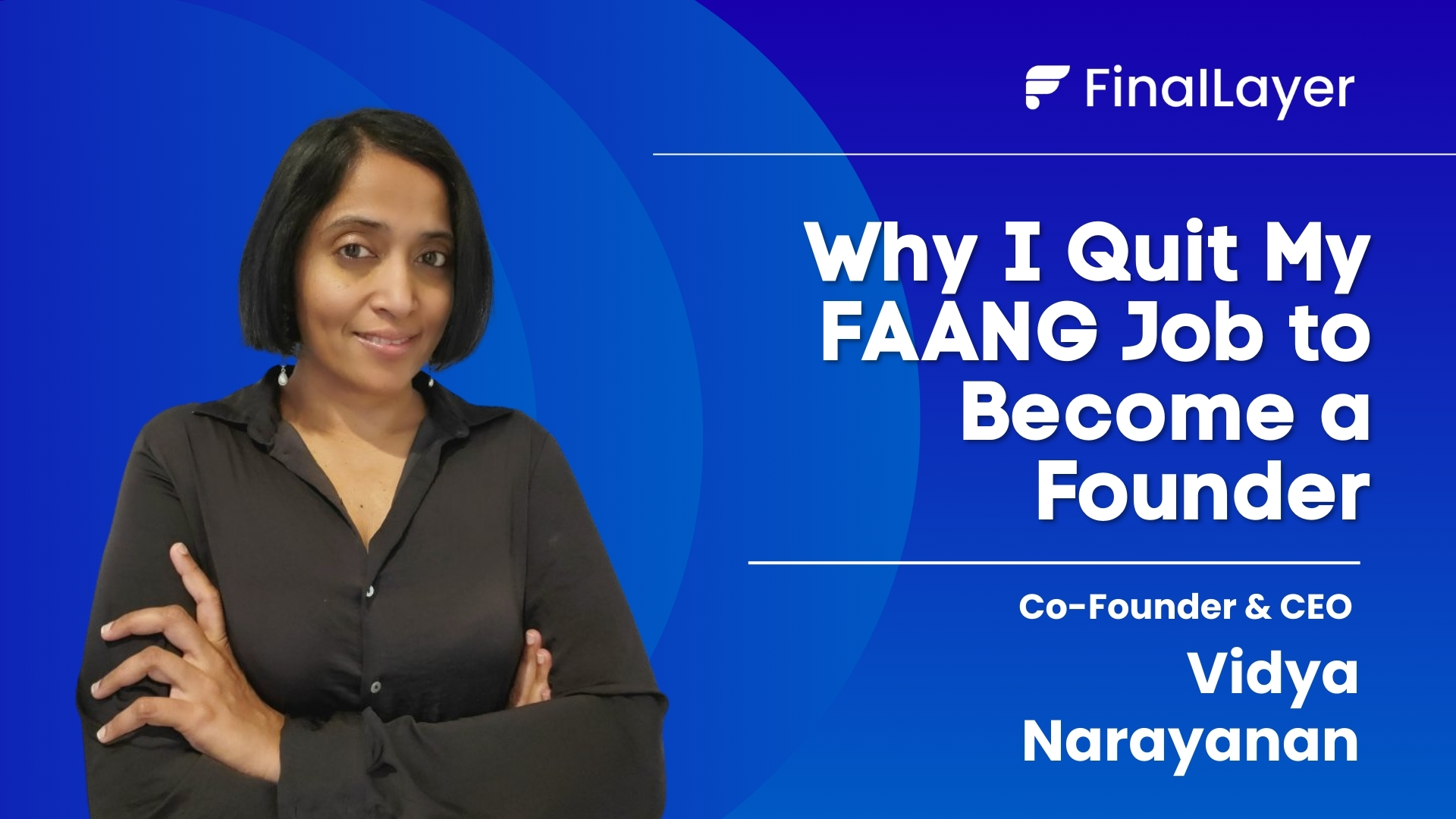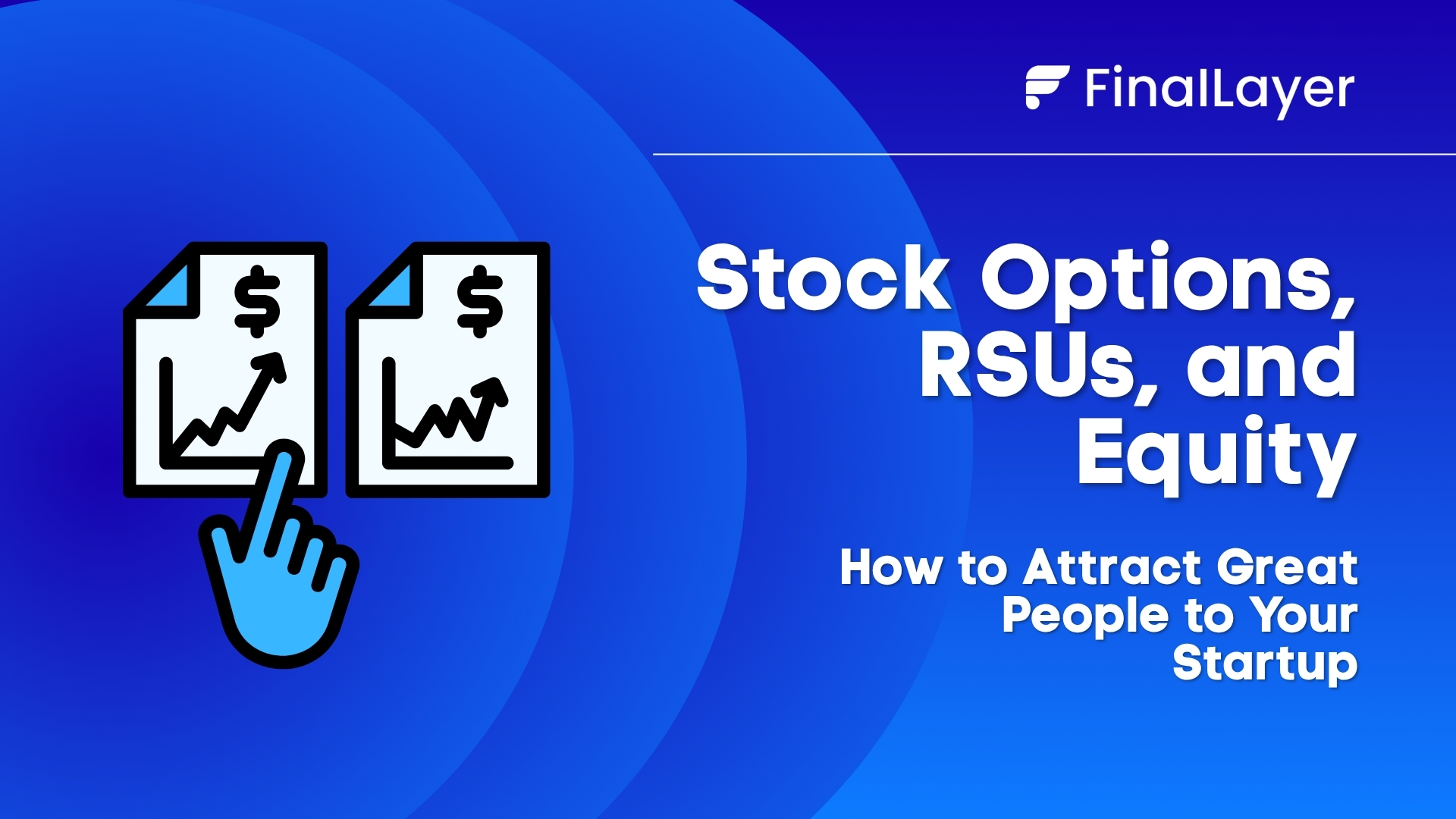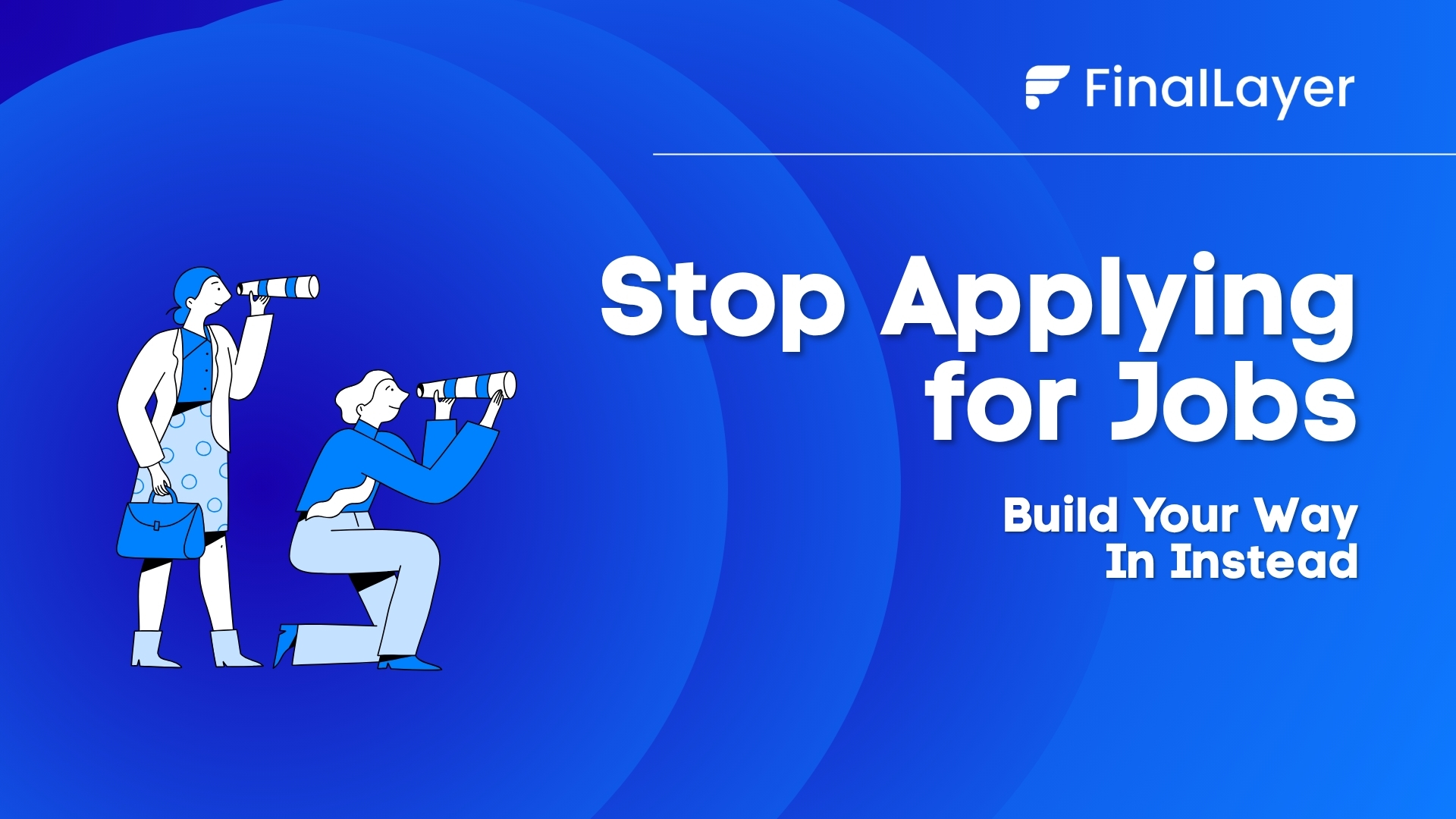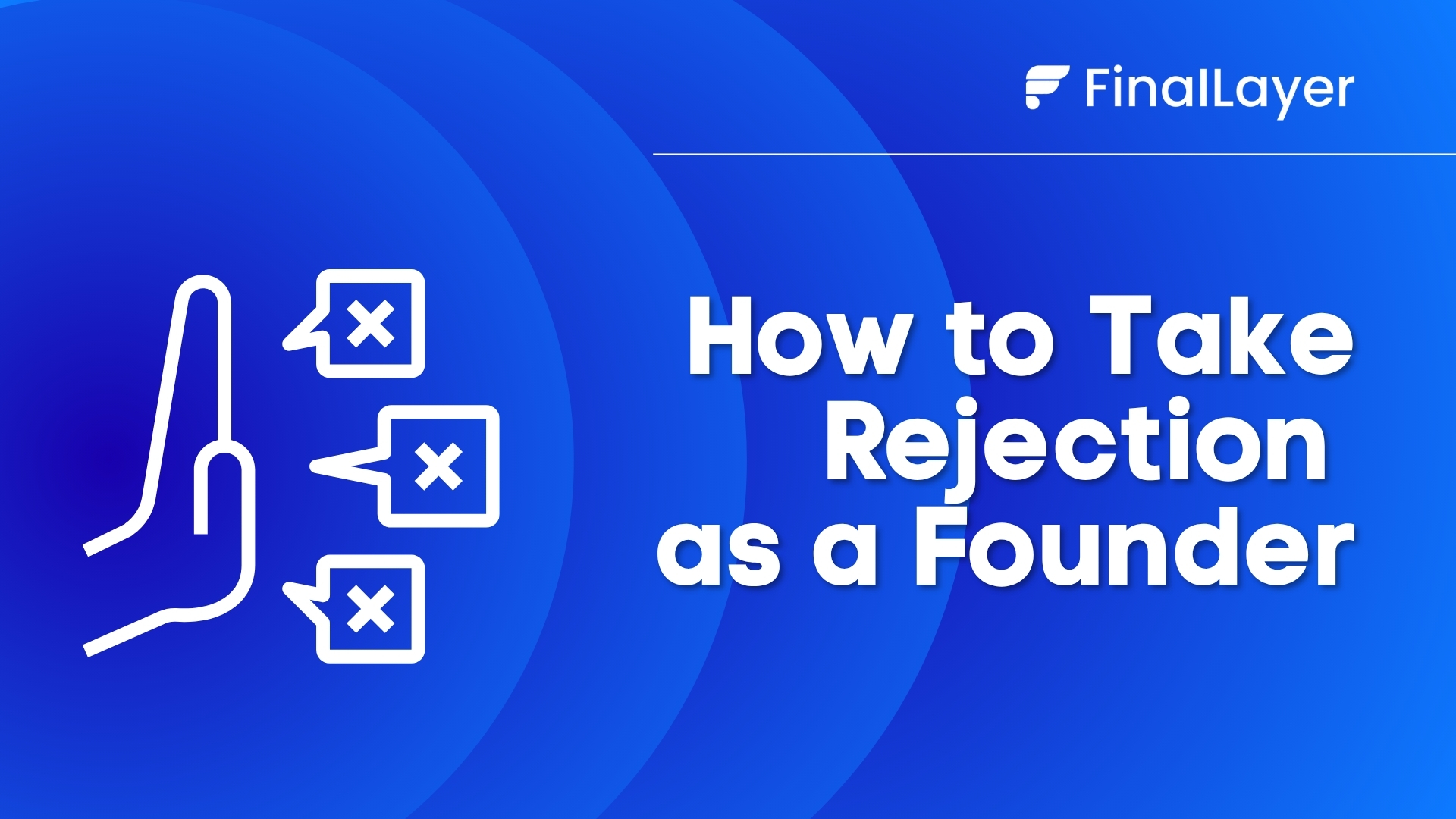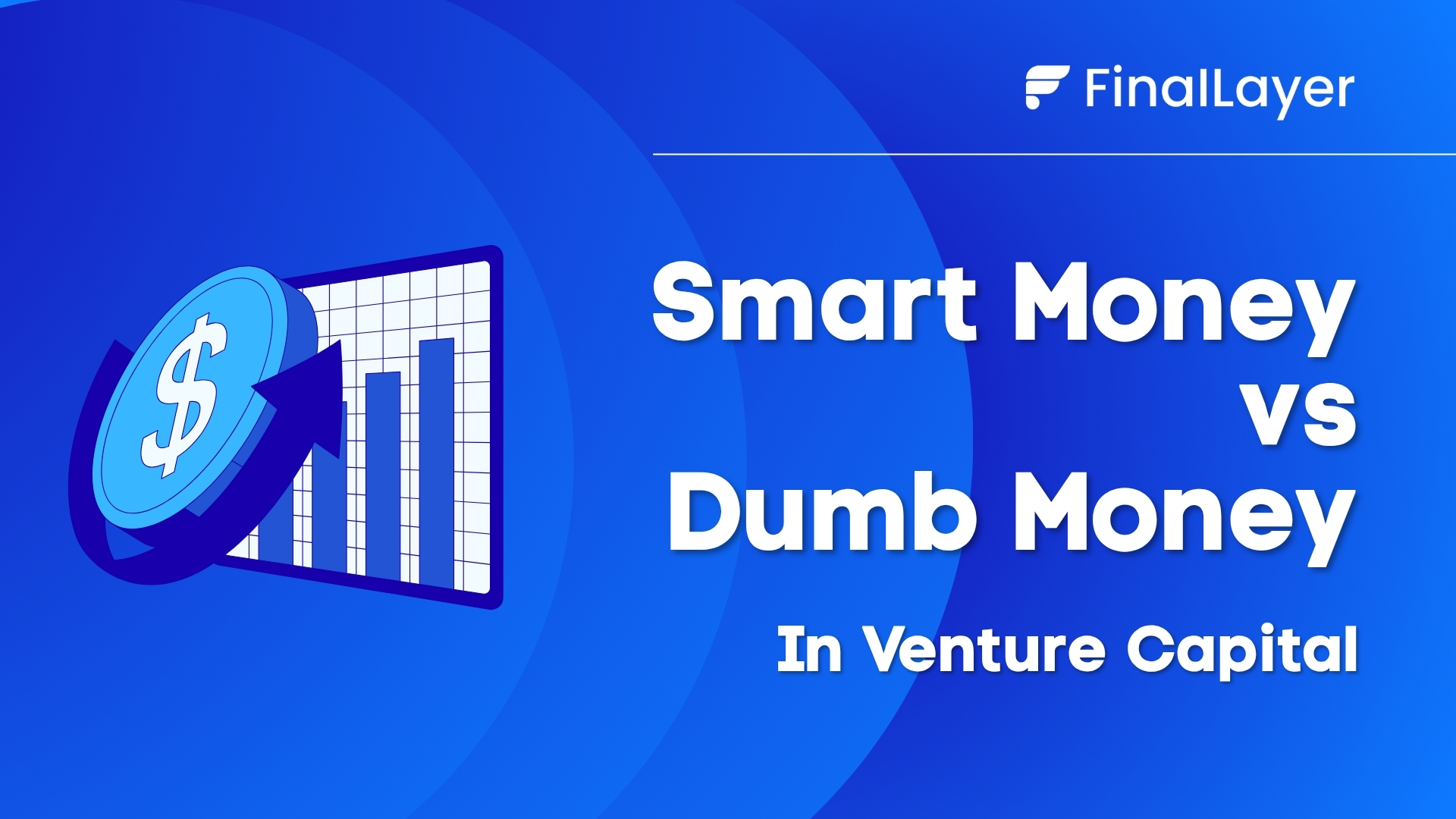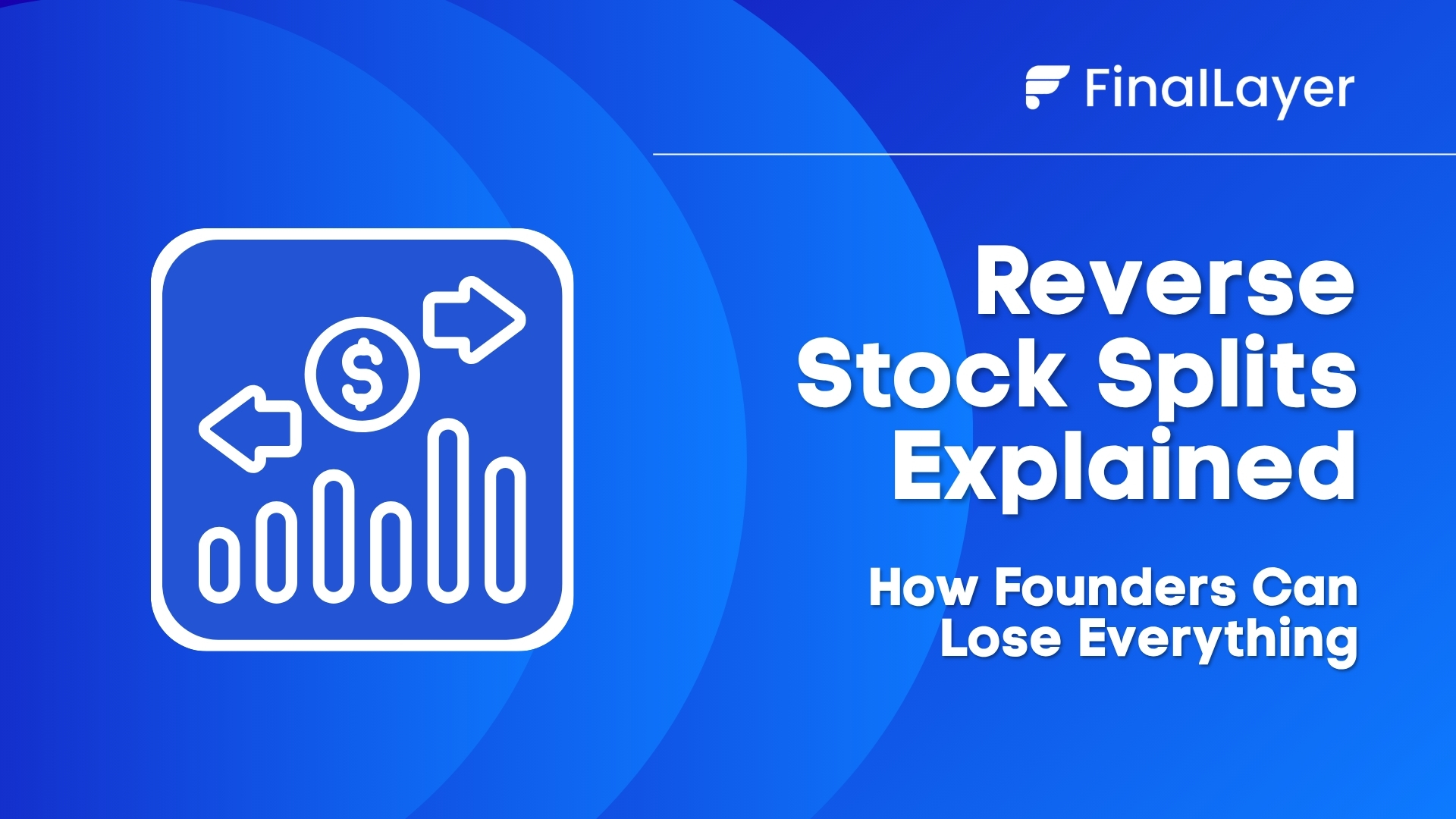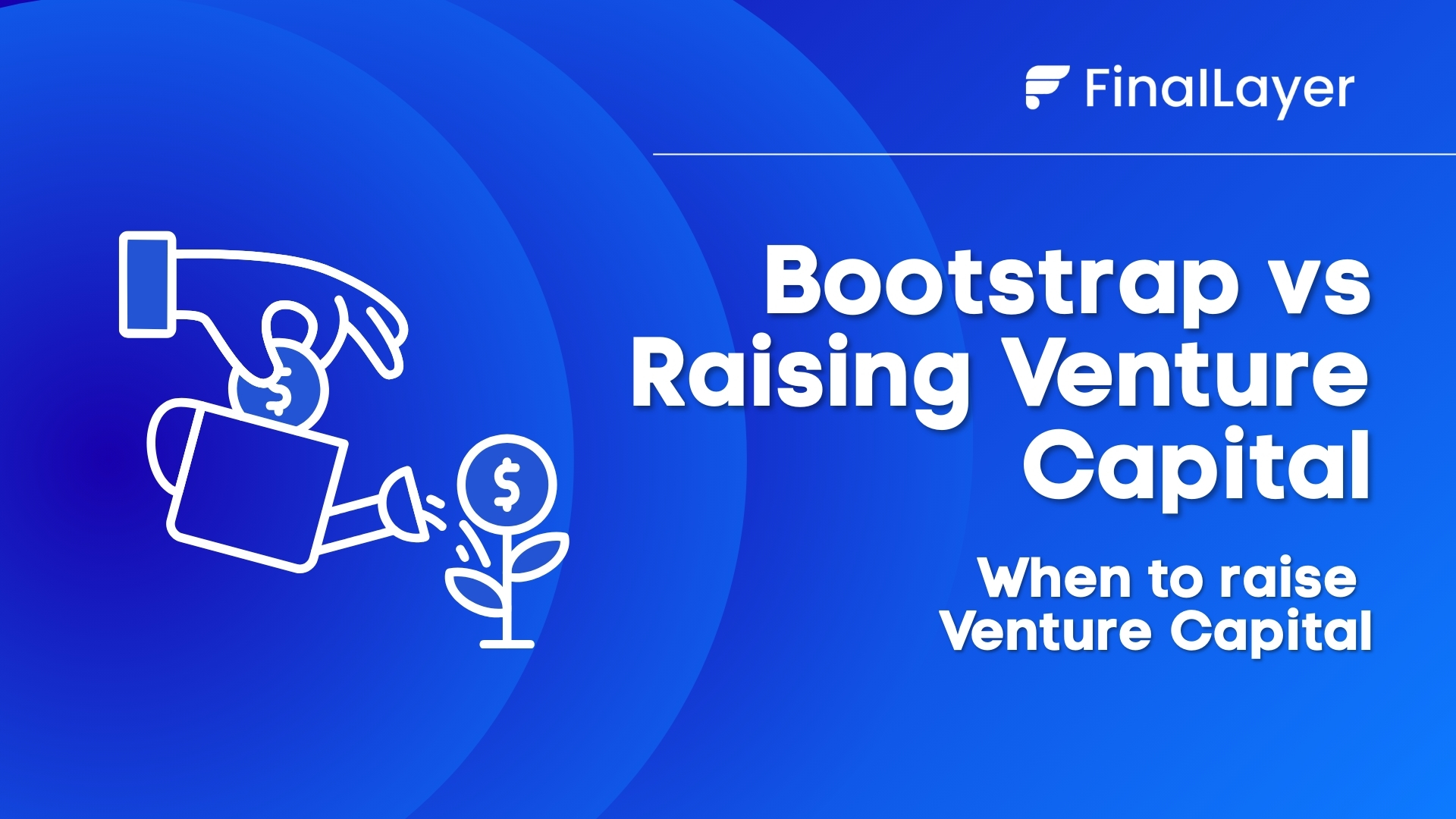Learning how to convince angel investors effectively comes from experience, and after pitching to over 200 angel investors and raising from maybe 40 of them over the last 10 years, I've discovered there are several distinct approaches to pitch angel investors successfully. Understanding how to pitch angel investors isn't just about having a great deck or compelling metrics - it's about building genuine relationships that lead to long-term partnerships. Angel investment decisions often come down to chemistry and trust more than spreadsheets, which is why the tactics you use to convince angel investors matter enormously for the quality of your cap table and the support you'll receive during difficult times. Some approaches to pitch angel investors create healthy, productive relationships while others lead to disengaged investors who provide capital but nothing else of value.
Angel Investing Is Like Dating
Angel investing is a lot like dating. You can either build a healthy or an unhealthy relationship with an investor depending on how you approach it. Let me walk you through the approaches I've seen work, which ones to avoid, and what matters most in the long run.
Approach 1: Make Them Fall in Love With You
This is almost always the best approach to pitch angel investors. I've had some investors commit during the first meeting itself because there was a connection. There's something intangible that happens when you meet someone who immediately gets what you're trying to do and believes in your ability to do it.
Now, some of these people who committed during the first meeting knew what we were building and some others had not much of an idea of what we were building. But just like relationships, it's almost always better if they know what they're getting into. The ideal scenario is someone who both connects with you personally and understands your vision deeply.
This approach works because angel investing at the early stage is fundamentally about backing people, not products. Products change, pivot, and evolve. The quality of the founder remains constant. When an investor falls in love with you as a founder, they're committing to support you through whatever challenges come next.
Approach 2: Guilt Trip Them Into Investing (Don't Do This)
Especially when investors meet with you and they don't make a decision, but they ask for follow-up meetings and they go from meeting to meeting without making a decision, there may come a point at which you can kind of guilt trip them into writing you a check.
This has happened to me a couple of times where these investors met with me five or six times, didn't make a decision, and then eventually felt like, "Oh my God, I made her come all the way and meet with me so many times, so I'm going to write a check."
I almost always do not do this anymore because these people don't add a lot of value to the cap table. They've written this check just out of guilt and they want nothing to do with the company anymore. They're not engaged, they don't make introductions, they don't provide advice. The check comes with no additional value beyond the money itself.
How to Avoid This Dynamic
So these days, when I'm pitching investors, I try and push for a decision at the second meeting. This is because if it's an angel investment happening pretty early on in the lifecycle of the company, there is not a lot to discuss to keep going to meetings after meetings. You've shown them who you are, what you're building, and why it matters. Additional meetings often signal indecision rather than diligence.
Typical angel investors will come pretty close to making a decision in meeting two or at most the third meeting. So I try to do that instead of trying to drag this on until it turns into guilt. It's just not useful for anyone involved.
Approach 3: Create FOMO
This doesn't need a lot of discussion. You know what this means. Fear of missing out is a powerful motivator in investing, just like in every other domain of life.
Typically this works better if someone they know is also investing in the round. When an investor hears that their friend or someone they respect is writing a check, it validates your opportunity and makes them more likely to commit quickly.
But this does require a pretty short and compressed timeline where you can tell people that you're closing the round soon and someone they know is investing and all that stuff to be lined up. And so it may not work all the time. You need legitimate momentum and real scarcity for FOMO to be effective. Manufactured urgency that isn't backed by reality will be transparent to experienced investors.
So use FOMO when it is meaningful. Don't manufacture false urgency, but do create real deadlines and communicate genuine momentum.
Approach 4: Use Social Proof (But Be Very Careful)
Strategically weave in common people you know into the conversation. Generally, these have to be either other entrepreneurs they know and respect, or other investors they know and respect, or generally people in power.
Social proof works because it provides third-party validation of your credibility and potential. When someone an investor respects believes in you, it reduces the perceived risk of investing in you.
The Critical Caveat
Now, if you do this and if you picked other investors that they know and respect who you know, and if those investors are not investing in you, you better have a really clear explanation as to why that is the case. Otherwise, this will backfire on you spectacularly.
I'll give you an example of what happened to us. In the very early days, we had an advisor who is extremely well respected in the industry, and I went to meet another investor who was very impressed that we had this advisor on our side and they asked, "How much is he investing?" And he wasn't investing in us.
And that was the end of the conversation. That conversation ended right when that question was asked. The investor's immediate thought was: if this respected person is advising but not investing, what does he know that I don't?
So be prepared to answer this. If you don't have a good answer, do not bring those people up. Only use social proof when the connection is genuinely strong and you can explain the nature of the relationship honestly.
Approach 5: Know Your Expanded Market Thoroughly
This isn't really a tactic, but it's something you should really work on, which is knowing your expanded market thoroughly. This is especially important if you're going to pitch to an expanded group of investors who may or may not know the area that you're working on deeply.
For example, when I was fundraising for the previous company where we were working on video, a lot of questions would come up about generative video and avatars and video editing and all sorts of things, even though ours was specifically not generative video. So I still needed to know a lot about that area because investors wanted to understand how our approach compared to adjacent technologies and trends.
Explain Like They're Five
And also, we need to be able to explain it in an ELI5 manner. If you know the Reddit terminology, explain like I'm five. This is very important because you cannot use complex jargon to explain what the field is and how the lay of the land is.
So you really need to think ahead, practice that, and rehearse that speech multiple times before you get asked the question about the broader field. Most founders can go deep on their specific area, but struggle to explain the broader context simply. Work on this deliberately.
It's not enough if you can go deep in your area. You should be able to cover the breadth in the general area as well. Investors need to understand not just your solution, but why your approach makes sense in the context of everything else happening in the space.
What Matters Most: Mutual Respect and Shared Values
Those are the tips I've got, but most importantly, remember that the investor-entrepreneur relationships are best built on mutual respect and shared values. Everything else is just tactics.
You can use FOMO, social proof, and all the other approaches I've described, but if the foundation isn't mutual respect and alignment on values, the relationship will be transactional at best and toxic at worst.
So these days, the second time around when I'm raising angel money, that's all I'm looking for: mutual respect and shared values. And if I don't sense that, I typically do not want them as an investor. I'd rather take less money from the right people than more money from people who don't share our vision and values.
Building Long-Term Relationships
Angel investors at their best become true partners who support you through the hardest moments of building a company. They make introductions, provide advice, and sometimes just listen when you need to talk through a difficult decision. But that only happens when the relationship is built on the right foundation from the start.
The tactics I've described will help you close checks, but mutual respect and shared values will help you build relationships that matter. Focus on the latter, use the former strategically, and you'll build an angel investor base that actually adds value beyond their capital.
When you're building relationships with potential angel investors, having a strong personal brand and demonstrating thought leadership can significantly increase your credibility and make investors more likely to connect with your vision.
At FinalLayer, we've been deliberate about building our angel investor group around people who share our vision for how professionals should build their online presence. That alignment has made all the difference in how they support us beyond just writing checks.
If you want to discuss angel fundraising strategies and investor relationships with other founders, join our founder's Slack community where we share experiences and lessons from hundreds of investor conversations in the Founder Resources tab.
